SUMMARY
This is AI generated summarization, which may have errors. For context, always refer to the full article.
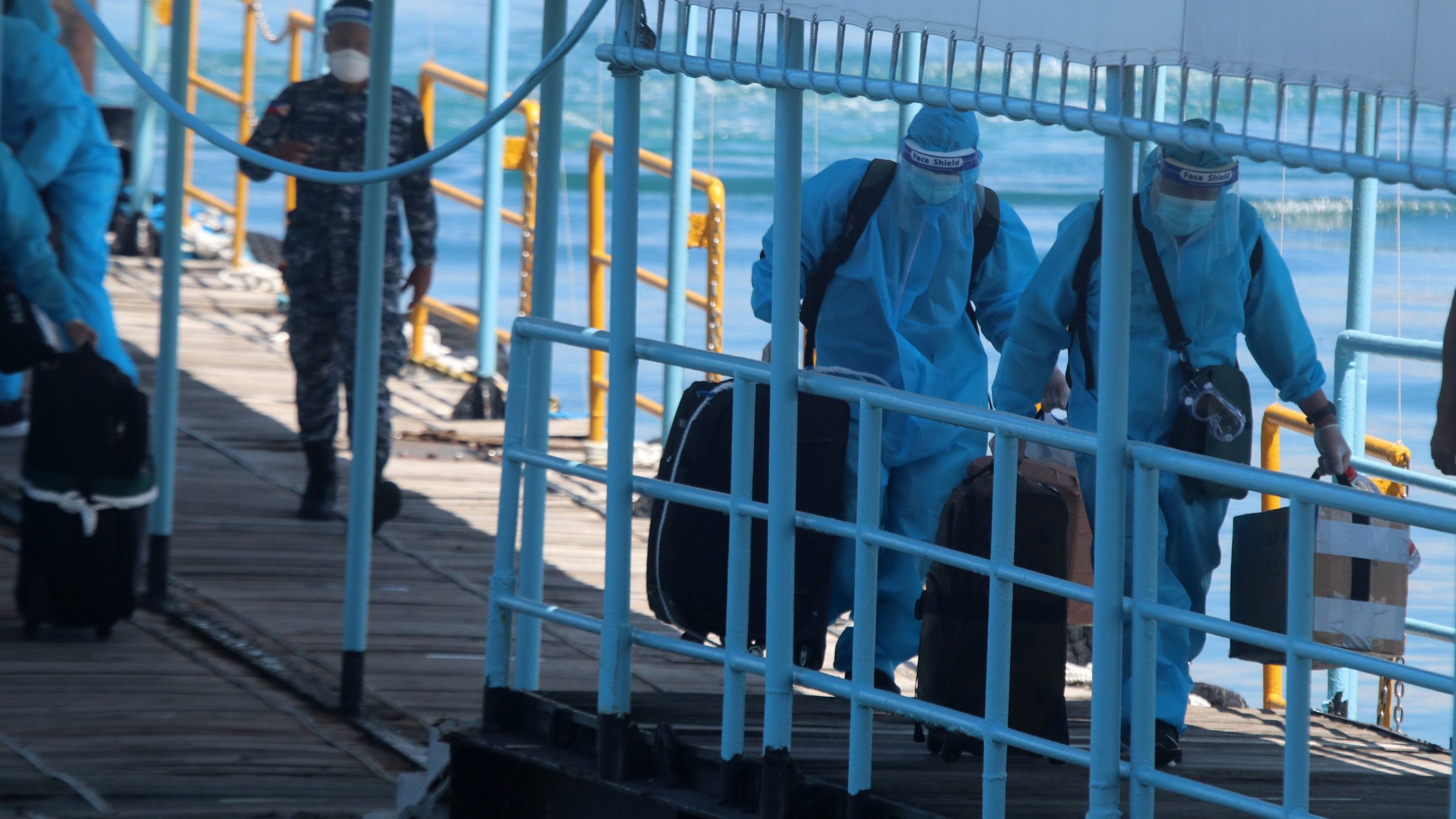
MANILA, Philippines – Thousands of Filipino seafarers assigned in vessels around Europe could face displacement if the European Union (EU) rules the Philippines as non-compliant with international maritime standards, the National Maritime Polytechnic (NMP) said on Thursday, February 17.
The EU announced on Thursday that the European Commission Directorate General for Mobility and Transport (DG MOVE) met with Vice Admiral Robert Empedrad, head of the Philippine Maritime Industry Authority (MARINA) in Brussels on February 8.
This meeting, at the Philippine side’s request, was held to clarify the EU’s expectations following a notification sent December 20, 2021. The EU needed proof that the country was complying with the Standards of Training, Certification, and Watchkeeping (STCW) Convention, of which the Philippines is a party.
The European Commission found deficiencies – some of which serious – concerning seafarers’ education, training, and certification system from an inspection conducted in 2020.
“Sakaling makita ng European Union na ang Pilipinas ay hindi sumusunod sa mga international na mga pamantayan o mga patakaran na ito, maaari silang magpataw ng sanctions such as the non-recognition of STCW certificates issued by the Philippine government, iniisyu ng NMP na sa kalaunan ay magresulta ito sa pagka-displace ng ating mga marinong Pilipino at mawalan ng pagkakataon na makasampa sa mga European flag-registered ocean-going vessels,” said NMP executive director Joel Maglunsod in a Laging Handa briefing.
(If the EU sees that the Philippines is non-compliant with international standards, it may impose sanctions such as the non-negotiation of STCW certificates issued by the Philippine government, issued by the NMP, which may eventually result in the displacement of our Filipino seafarers. They might lose their chance to board European flag-registered ocean-going vessels.)
EU Ambassador to the Philippines Luc Véron, who attended the February 8 meeting, said on Thursday that DG MOVE director-general Henrik Hololei was “grateful” for Empedrad’s visit and oral presentation. However, he said the Commission would base its assessment only on the written reply it expects from the Philippines.
“[Hololei] reiterated that this formal reply should contain concrete evidence of the measures already taken by the Philippine authorities to ensure compliance with the country’s obligations under the STCW Convention,” said Véron.
MARINA has until March 10 to submit the written response.
Pushing for compliance
The Department of Foreign Affairs (DFA) earlier said that the EU has been identifying deficiencies since 2006. But Maglunsod said that the government was doing the best it could to comply with the international standards.
“I am sure that the government is doing everything it can. All of the agencies involved in the maritime industry are helping each other to ensure that we are following the standards,” he said in Filipino.
The NMP said it is offering 49 mandatory courses to seafarers. These include trainings on the prevention of alcohol and drug abuse, sexually transmitted diseases, and promotion of gender sensitivity. The NMP also has a partnership with the Overseas Workers Welfare Administration for scholarships for seafarers.
Maglunsod said that they have been able to adapt to online learning as the coronavirus pandemic hit. He claimed seafarers’ dormitories are subsidized as well.
“Ang Pilipinas, being a signatory to the Convention of the Standards of Trainings Certification and Watchkeeping, is under obligation to comply sa mga ganitong standards. Hindi talaga puwedeng balewalain natin ito dahil signatory tayo,” he said. (The Philippines, being a signatory to the STCW Convention, is under obligation to comply with these standards. We cannot neglect this because we are a signatory.)
In September 2018, President Rodrigo Duterte signed an executive order strengthening MARINA in leading the country’s compliance with the convention. Here, MARINA was tasked to lead the evaluation of maritime education programs and establish standards of seafarers’ medical fitness, among others.
“We strongly urge MARINA to comply. The livelihoods of thousands of our seafarers are at stake,” the DFA said on February 4. – Rappler.com
Add a comment
How does this make you feel?
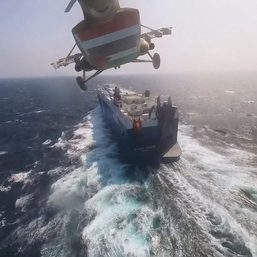
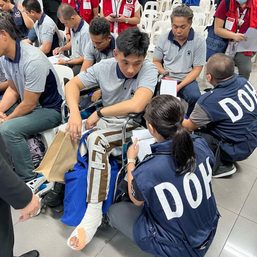
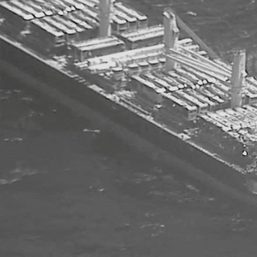
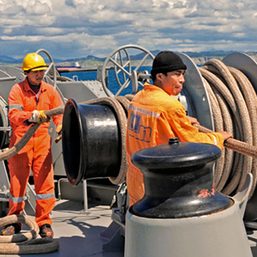
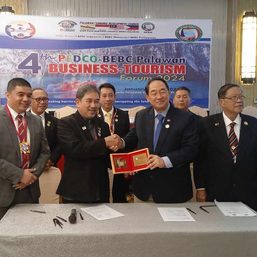

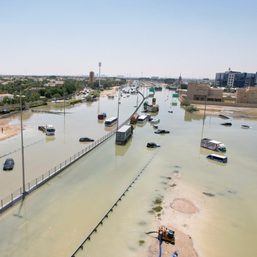
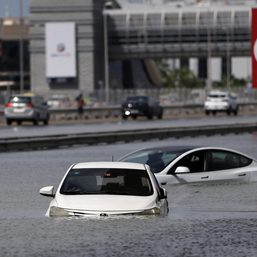
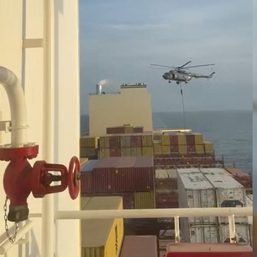

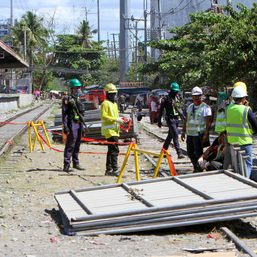
![[ANALYSIS] A new advocacy in race to financial literacy](https://www.rappler.com/tachyon/2024/04/advocacy-race-financial-literacy-April-19-2024.jpg?resize=257%2C257&crop_strategy=attention)

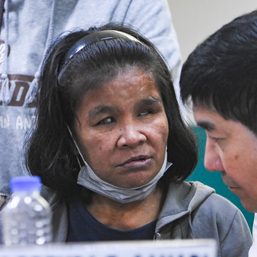
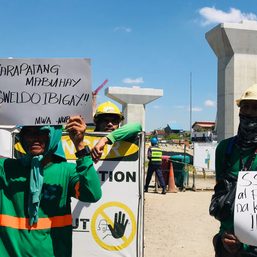
There are no comments yet. Add your comment to start the conversation.